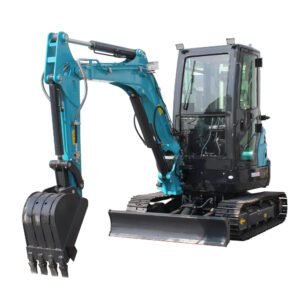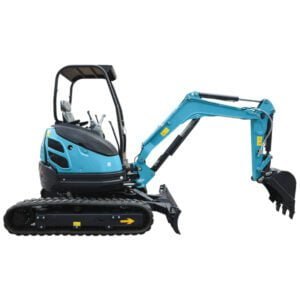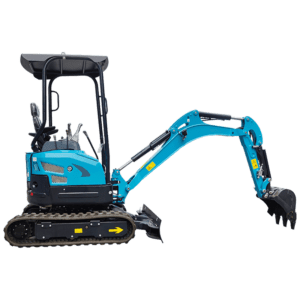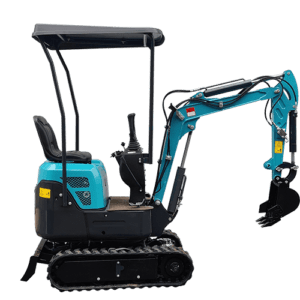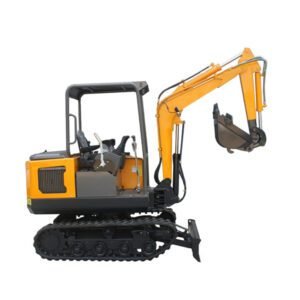Email: [email protected] Whatsapp: 8618266768780
Small Excavator Rental or Buy?
Welcome to My Blog!
Before we dive into the content, I’d love for you to join me on my social media platforms where I share more insights, engage with the community, and post updates. Here’s how you can connect with me:
Facebook: https://www.facebook.com/profile.php?id=100072217509763
LinkedIn: https://www.linkedin.com/company/74949059/admin/dashboard/
YouTube:www.youtube.com/@tractormanufacturer-lc5qz,www.youtube.com/@excavatormanufacturers-sn9hk
TikTok: www.tiktok.com/@tractormanufacturer, www.tiktok.com/@excavatormanufacturers
Now, let’s get started on our journey together. I hope you find the content here insightful, engaging, and valuable.
Introduction
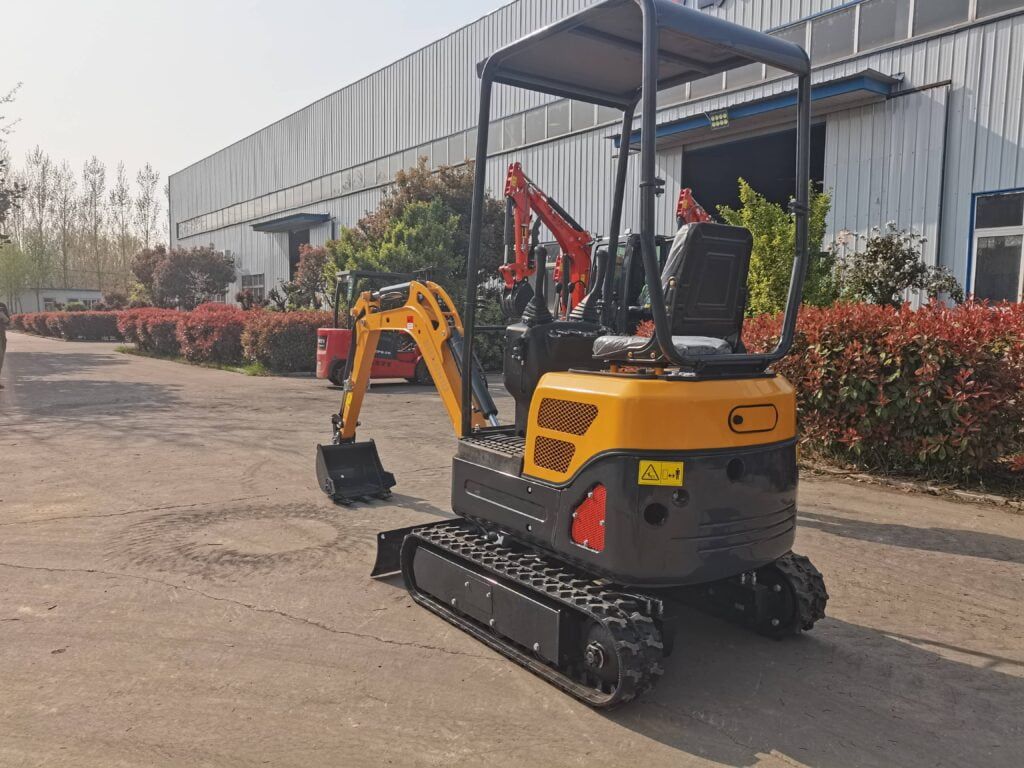
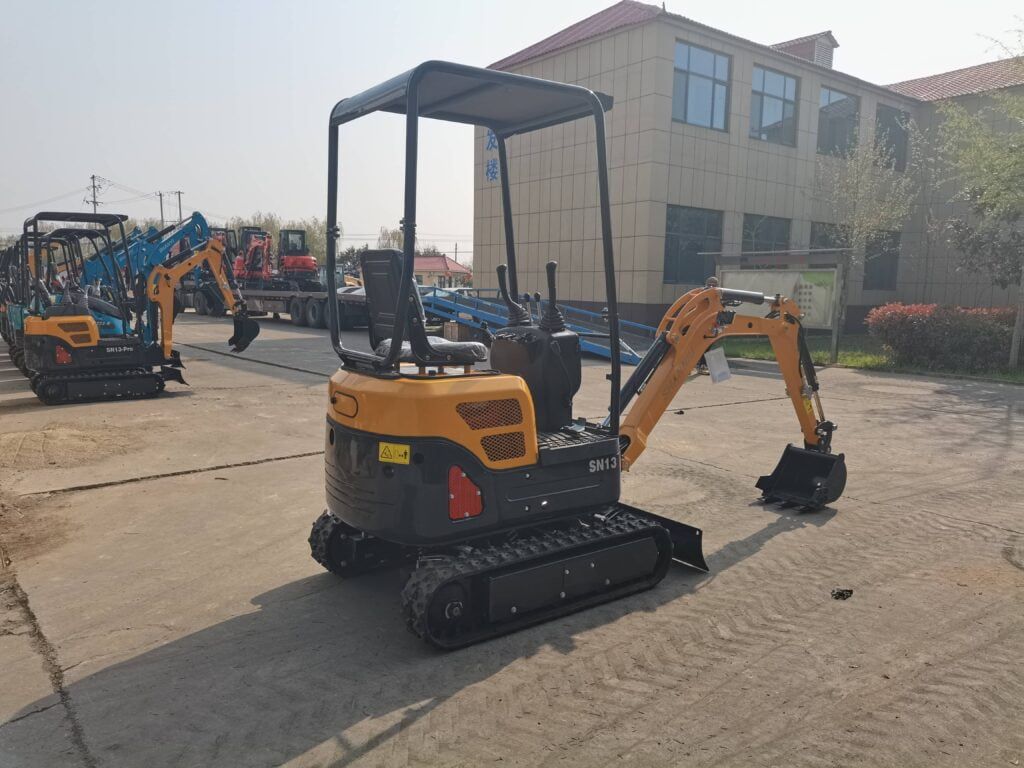
When considering construction projects, the choice between renting and purchasing a small excavator can significantly impact your budget, efficiency, and overall productivity. Both options come with their pros and cons, depending on your specific project needs, frequency of use, and financial situation. This guide explores the key factors you should consider when deciding between a small excavator rental or buy. We’ll cover the benefits, drawbacks, and key aspects to evaluate, so you can make the most informed choice for your construction or landscaping needs.
Why Choose a Small Excavator?
A small excavator offers versatility, power, and compactness, making it ideal for tight spaces and smaller construction projects. Whether you’re working on digging trenches, demolition, material handling, or other heavy-duty tasks, a small excavator ensures precision and ease of operation.
Versatility
One of the standout advantages of using a small excavator is its versatility. These machines can handle various attachments such as augers, grapples, and breakers, allowing them to perform multiple tasks effectively.
Space-Saving
Space can often be limited on construction sites. A small excavator has the advantage of fitting into narrow spaces, making it an optimal choice for urban projects and confined construction areas.
Cost-Efficiency
Compared to larger excavators, a small excavator typically costs less to maintain and operate. Its fuel consumption is also lower, providing savings in both the short and long term.
Renting a Small Excavator: Pros and Cons
Before making your choice, understanding the benefits and drawbacks of renting a small excavator is crucial. Renting can provide flexibility for short-term projects or unique job site needs.
Pros of Renting a Small Excavator
- Lower Initial Costs: Renting eliminates the need for a large upfront investment.
- No Maintenance Responsibility: When renting, you avoid the costs and responsibilities associated with maintenance and repairs.
- Short-Term Commitment: If you only need a small excavator for a limited time, renting can save you money.
- Up-to-Date Equipment: Rental companies often have newer models of small excavators, ensuring you have access to the latest technology.
Cons of Renting a Small Excavator
- Costs Can Accumulate: Although the upfront cost is lower, prolonged rentals can add up over time.
- Availability Issues: During busy construction periods, rental equipment might be harder to secure.
- No Ownership: At the end of the rental period, you’ll have to return the excavator with no long-term asset to your name.
Buying a Small Excavator: Pros and Cons
For frequent use or long-term projects, purchasing a small excavator can be the better financial choice. Here’s a breakdown of the benefits and drawbacks of ownership.
Pros of Buying a Small Excavator
- Long-Term Cost Savings: If you plan to use the machine frequently, ownership can save money compared to repeated rental costs.
- Customization: When you own a small excavator, you can customize it with attachments and upgrades tailored to your business needs.
- Availability: Owning your machine ensures you always have access to it, without waiting for availability from a rental company.
- Asset Building: A purchased machine becomes part of your assets, which can be beneficial for business purposes.
Cons of Buying a Small Excavator
- High Initial Investment: Purchasing a small excavator can be expensive upfront.
- Maintenance Costs: As the owner, you’ll be responsible for regular maintenance, repairs, and other costs associated with ownership.
- Depreciation: Like any other machinery, a small excavator loses value over time, impacting its resale price.
- Limited Flexibility: If a project needs a different type of equipment, ownership limits flexibility compared to the ability to rent different machinery as needed.
Key Factors to Evaluate When Choosing Between Rental and Purchase
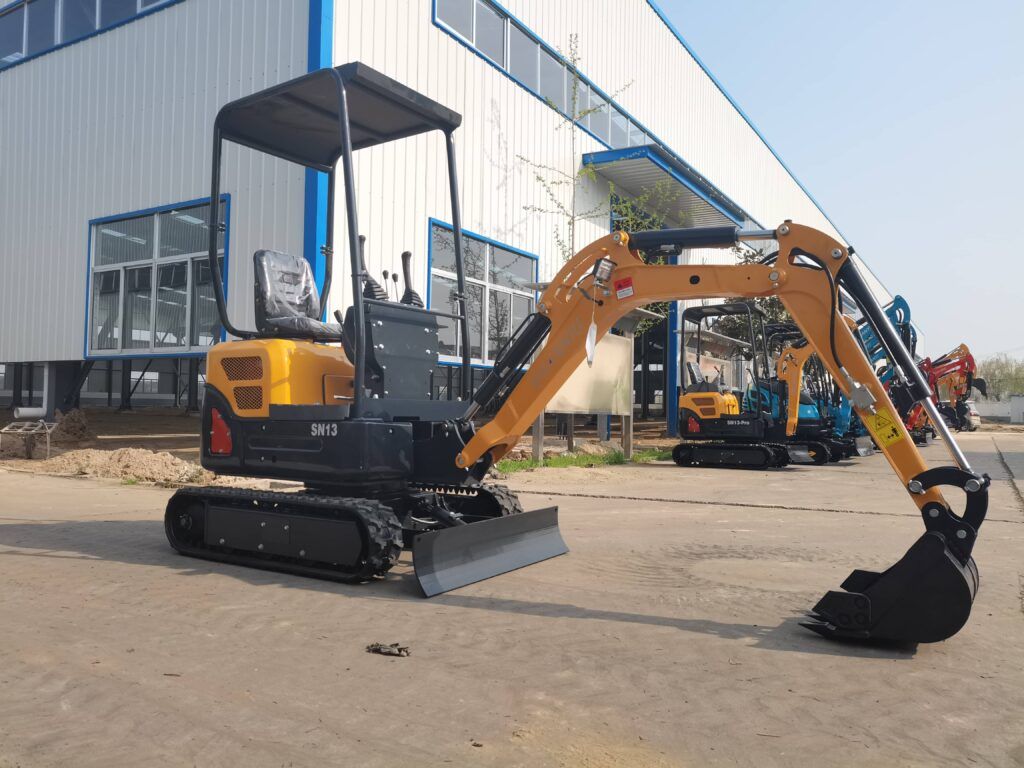
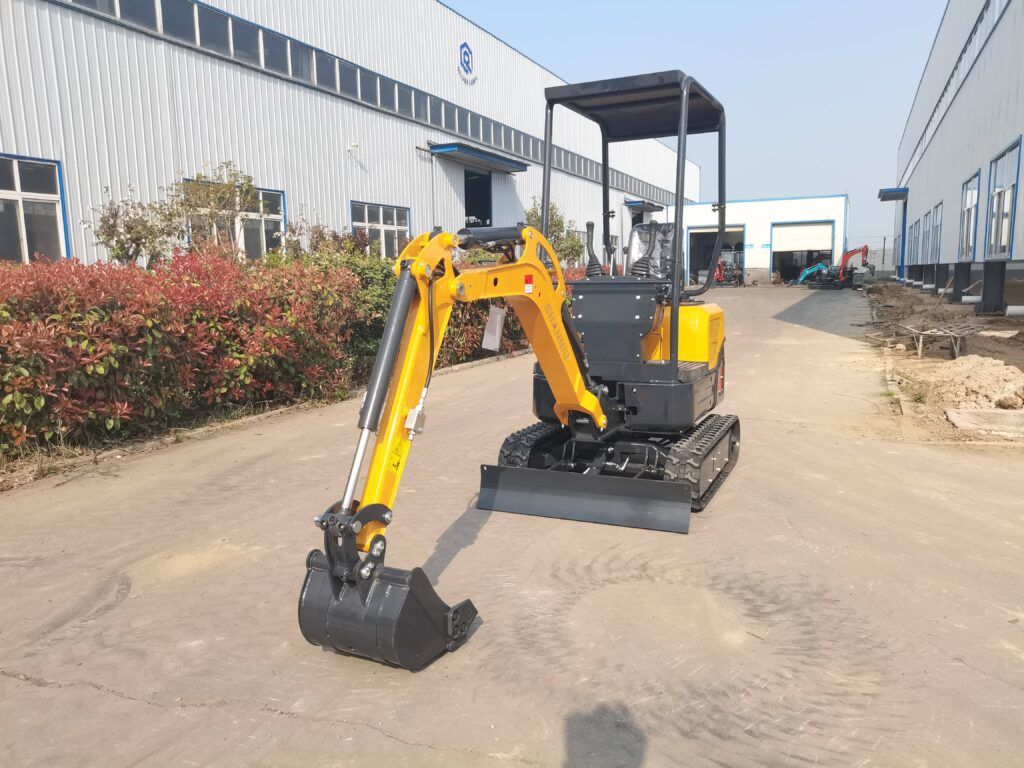
Choosing between small excavator rental and purchase isn’t just a financial decision. A variety of other factors can help you decide what makes the most sense for your projects.
Frequency of Use
If you’re using a small excavator frequently, purchasing may make financial sense. For occasional or one-off projects, renting is typically more cost-effective.
Budget Constraints
Assess how much capital is available for your project. If you lack the financial resources for an upfront purchase, renting allows you to still access a small excavator without major financial strain.
Type of Project
The type of construction project also influences the decision. Short-term demolition projects, excavation, or utility maintenance may be ideal for a small excavator rental. On the other hand, long-term projects like site development might justify purchasing one.
Maintenance Costs
With ownership comes the responsibility of maintenance and repair. When determining whether to rent or buy, consider whether you have the expertise, labor, and resources to maintain a small excavator properly.
Tax Implications
Sometimes tax incentives can play a role in your decision. Purchased machinery may offer depreciation deductions, while rental expenses can also be written off as a business expense depending on your situation.
Comparing Small Excavator Costs: Rental vs. Purchase
To help evaluate the financial impact of renting versus buying, the table below outlines typical costs associated with each option. This comparison can shed light on which route may be better for your project.
| Factor | Renting Costs | Buying Costs |
|---|---|---|
| Upfront Cost | Low | High |
| Monthly Rental Fee | Varies by project | N/A |
| Maintenance Costs | Included by rental company | Owner’s responsibility |
| Customization Options | Limited | Fully customizable |
| Long-Term Investment | N/A | Asset depreciation |
| Availability Flexibility | Dependent on rental availability | Guaranteed access |
This comparison table provides a quick overview, emphasizing the financial differences between renting and purchasing a small excavator. The choice will depend on both short- and long-term cost considerations.
Conclusion
The decision to rent or buy a small excavator ultimately depends on your project goals, budget, and operational needs. Renting offers flexibility and lower initial costs but may become expensive over time if you rely on the machine for frequent use. On the other hand, purchasing provides long-term cost savings, ownership benefits, and customization options, but it also comes with higher initial costs and maintenance responsibilities.
Evaluate the information shared in this article, assess your financial situation, and analyze your construction needs to determine the best course of action. A well-informed choice will ensure you maximize the performance and return on investment of your small excavator.
FAQ
Should I rent a small excavato for short-term projects?
Yes, if your construction project has limited duration, renting can save you the upfront costs and maintenance responsibilities associated with ownership.
What is the main disadvantage of owning a small excavator?
The biggest drawback is the high initial investment and ongoing maintenance costs. Additionally, ownership limits flexibility if your needs change.
Can a small excavator be used for different types of projects?
Yes, small excavators are versatile machines. They can perform trenching, demolition, material handling, and drilling depending on the attachments used.
How do I decide between buying and renting?
Evaluate your budget, the frequency of use, type of projects, and maintenance capabilities to determine whether buying or renting makes the most sense.
How much does a small excavator rental typically cost?
The rental cost depends on location, duration, and equipment specifications, but most rentals are priced by the hour or day.
About Us
Shandong Qilu Industrial Co., Ltd. is a professional manufacturer and exporter integrating the development and production of excavators, loaders and tractors. We provide the best service, absolutely.
Recent Posts
Video demo
-1.png)
Contact Us Today!
Any question, quote or inquiry? Click the button to send message.
Qilu Industrial will always here to help.

